Scotch Tasting At That's Amore (Page One)
Wonderful Italian food followed by a scotch tasting.... Life is indeed good! We were treated to Mark's knowledge of the "spirit world" and it was a wonderful experience. Sit back and enjoy!
That's Amore Italian Restaurant & Lounge is located in beautiful Sunset Beach in the Peter's Landing Marina. They offer a variety of traditional Italian entrees ranging from homemade pasta dishes to Neapolitan style pizzas. Whether you prefer to indulge in their delightful entrees or enjoy a drink at their full bar, they guarantee you an unforgettable experience.
16400 Pacific Coast Hwy, Huntington Beach, CA 92649 Phone: (562) 592-7104
But first.... Lunch!
Note: The restaurant closed in 2018 and the entire Peter's Landing went under a four year reconstruction. It was fun while it lasted!
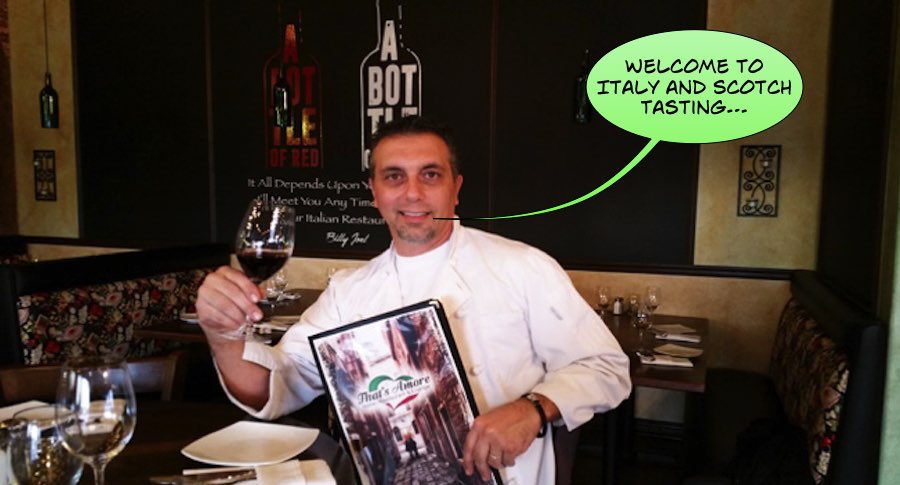
Executive Chef Alessandro Colaiacomo
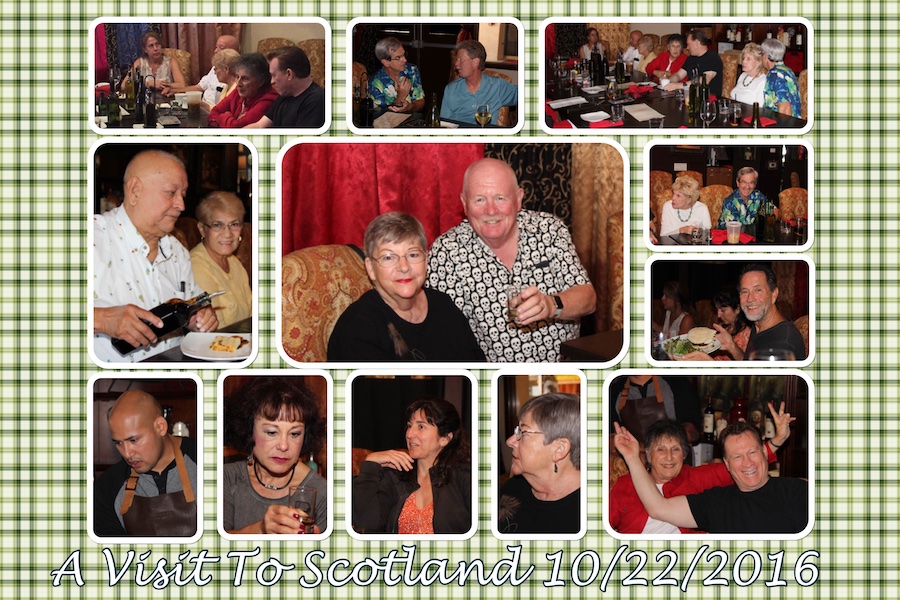
Please join the fun!

A wonderful place to dine
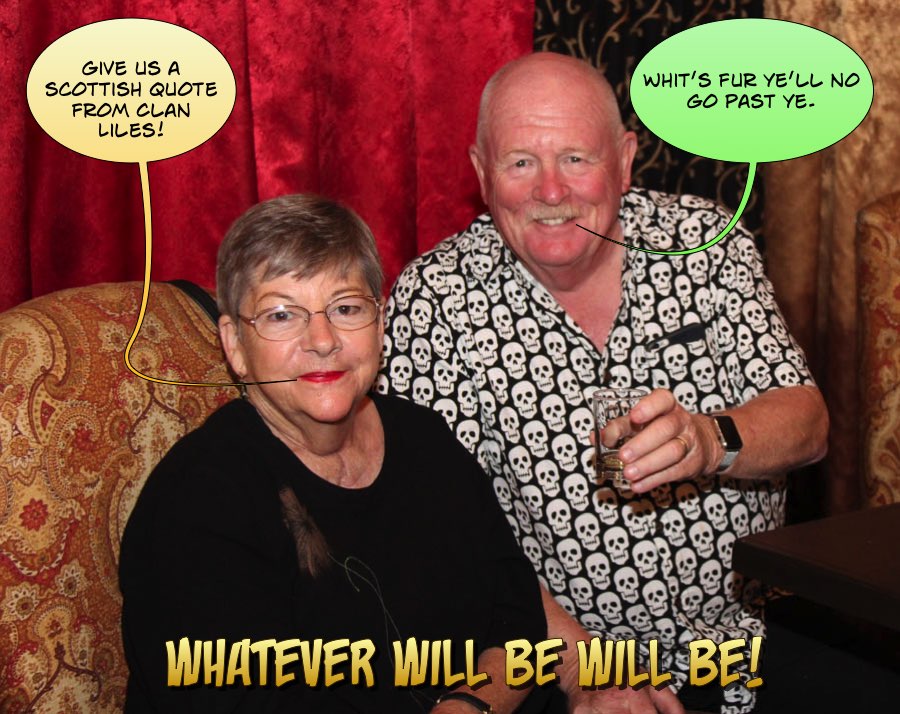

Mark had the back room just set up for us!
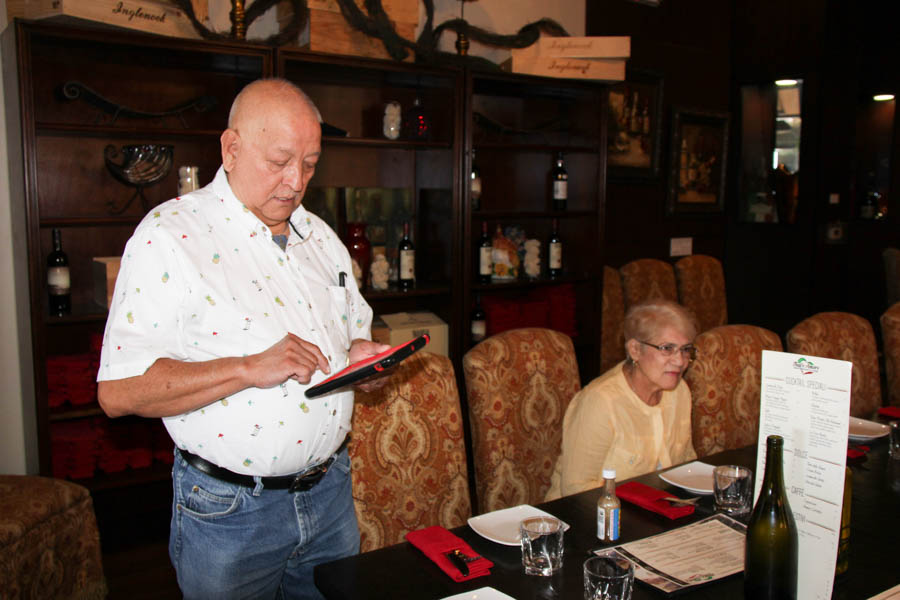
Javier and Evelia are the first ones here!
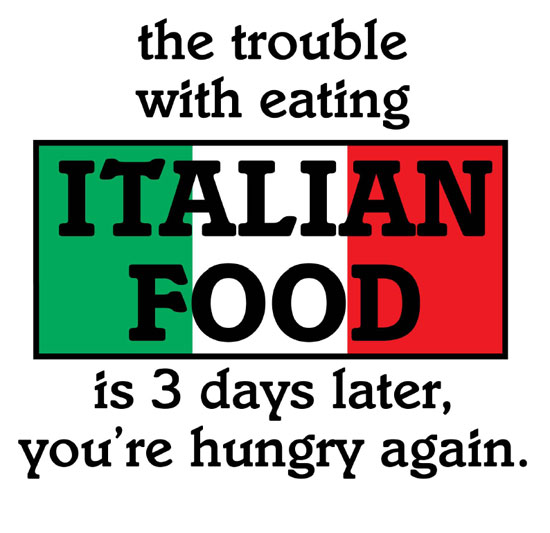

Watch out for Javier.... He has his habanero
sauce ready to go to mix with the olive oil!!
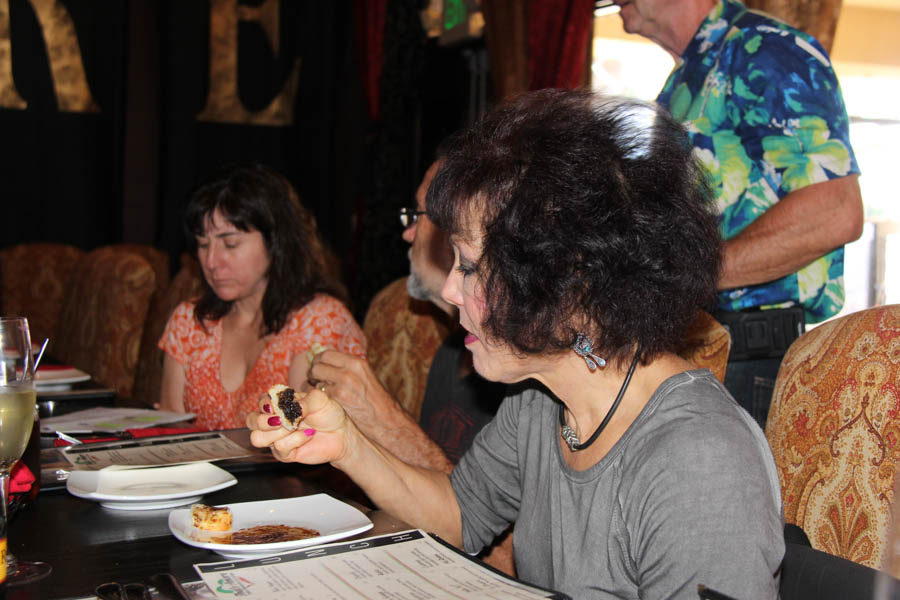
Fresh Italian bread.... Balsamic here we come
Did You Know? - Balsamic vinegar (Italian: aceto balsamico) is a vinegar originating from Italy. The original, costly, traditional balsamic vinegar (Aceto Balsamico Tradizionale), is made from a reduction of cooked white Trebbiano grape juice, and used as a condiment. It has been produced in Modena and Reggio Emilia since the Middle Ages, being mentioned in a document dated 1046. Appreciated in the House of Este during the Renaissance, it is highly valued by modern chefs and gourmet food lovers.

"Just one questions! Is it spicy??"


"I better get a good grade or Paul will be in serious trouble"
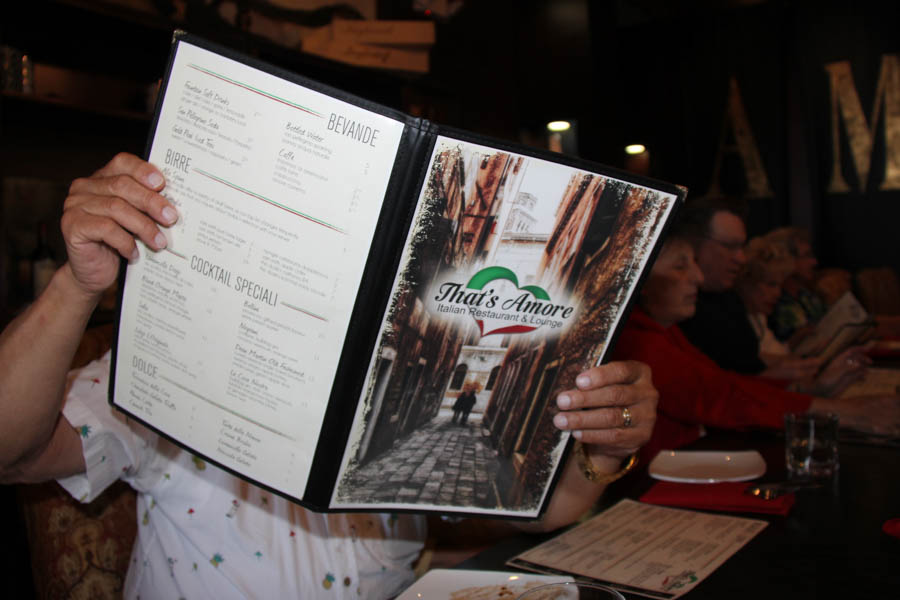
Javier examines the menu.... What, no burritos?

A little bit of red wine to get started??
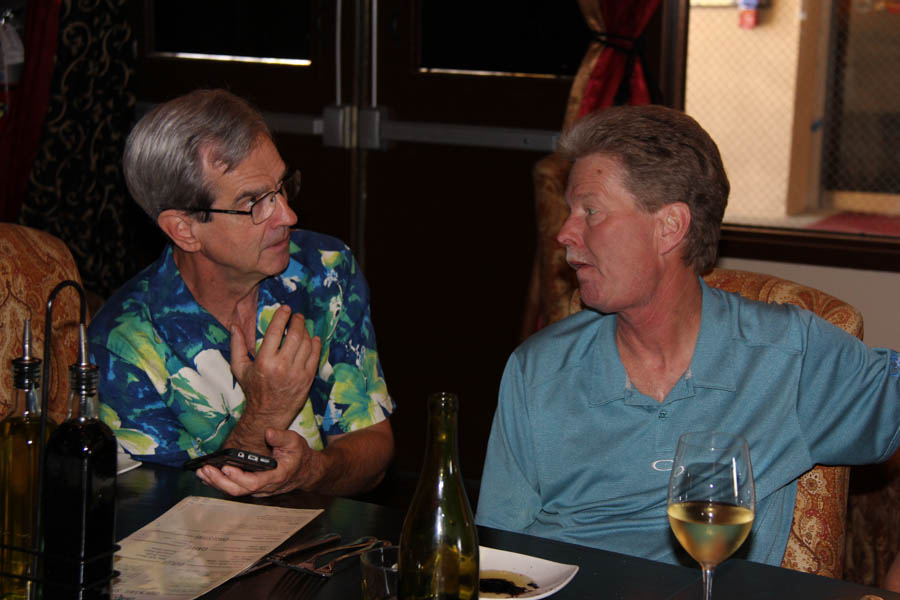
Talking audio!

Wondering what is going to happen

"Hey, let's get started already!"
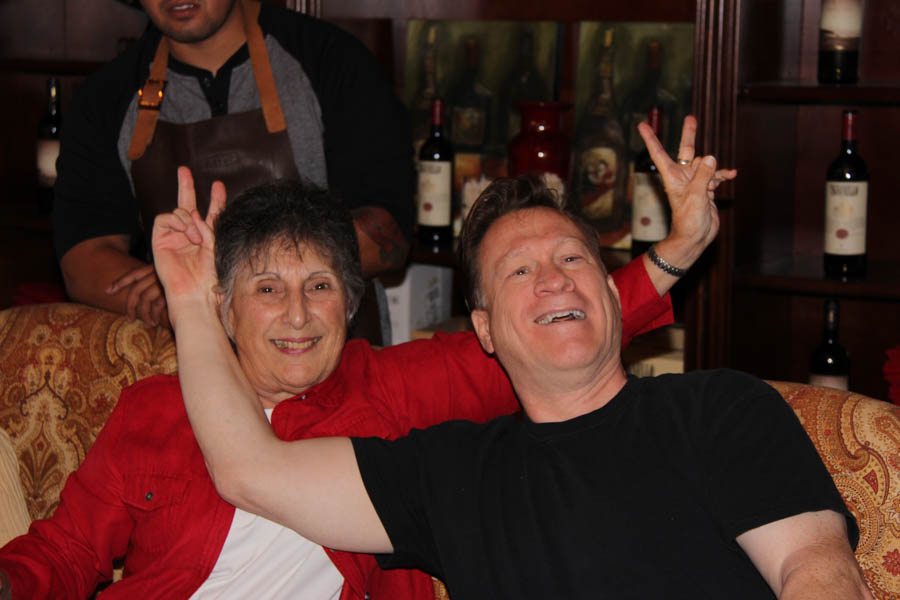
That is the starting signal!

We are ready to go!
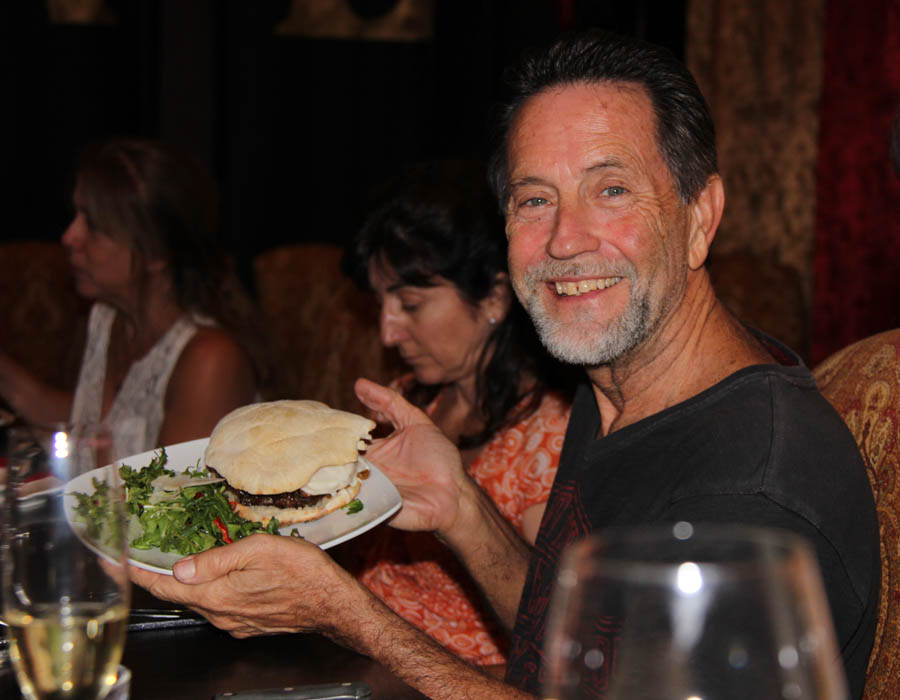
Bob ordered a burger just for the Finch's who we all missed today!

"...and I ordered it well done.... Just kidding!"

Mitch is off to the airport heading to Chicago

Bob looks with curiosity at the many bottles of scotch to taste
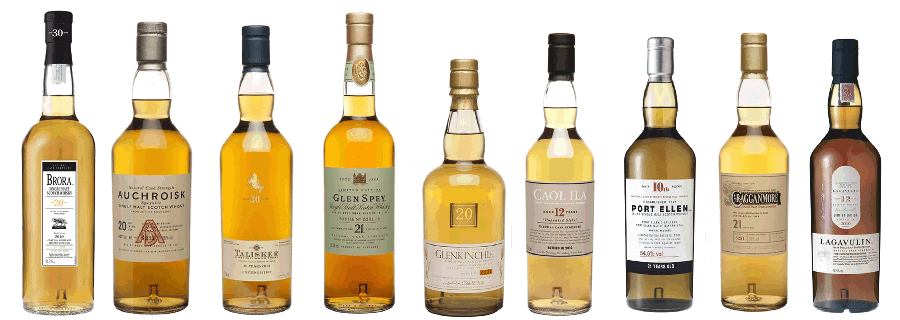
Let's get started!
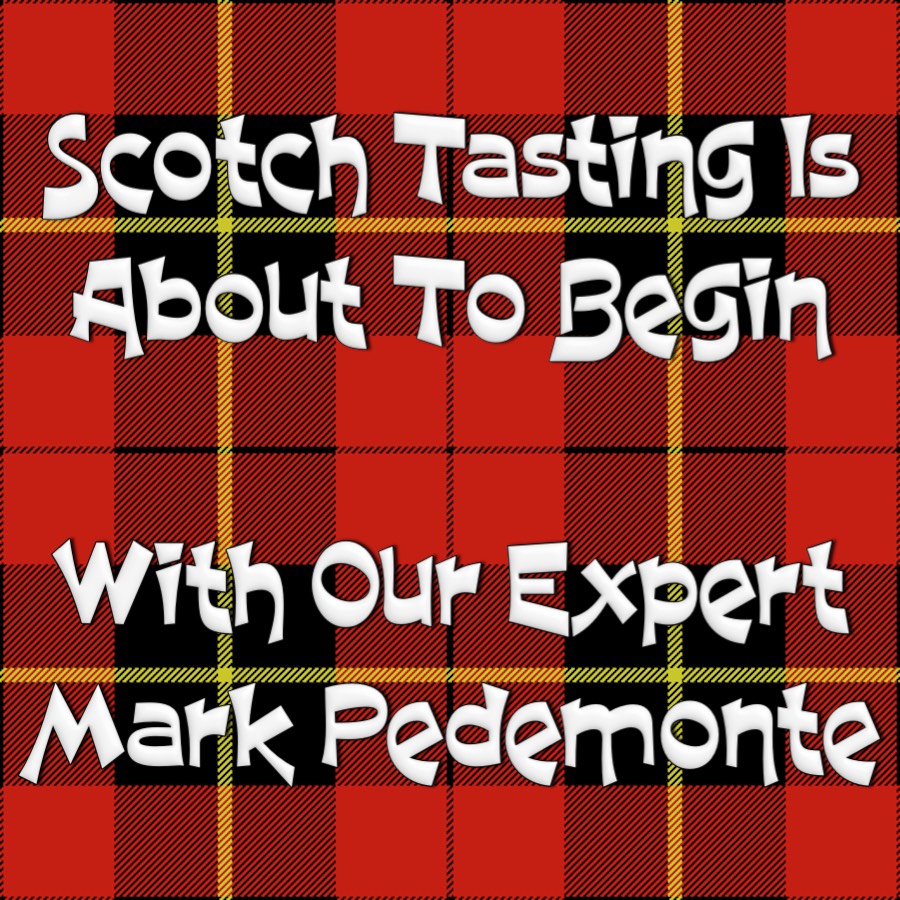
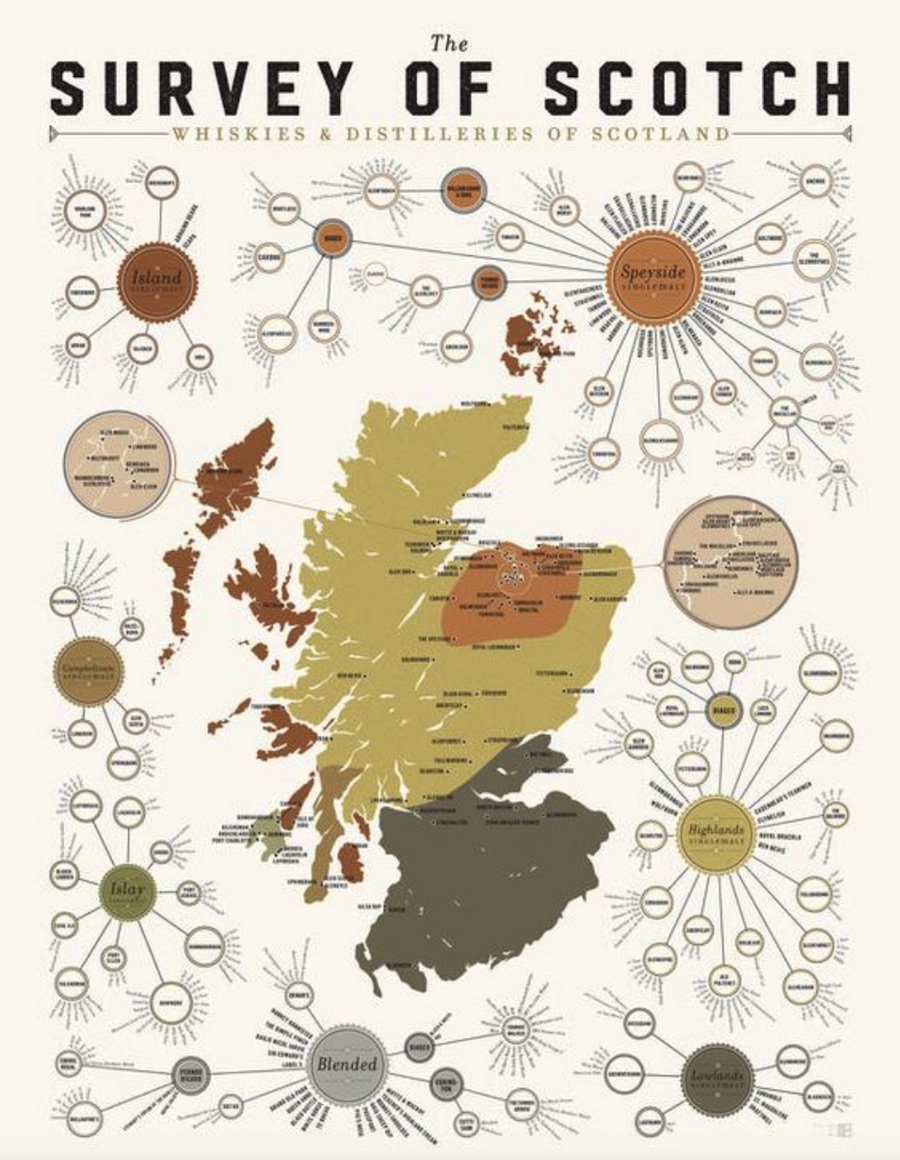
Distilleries abound in Scotland!
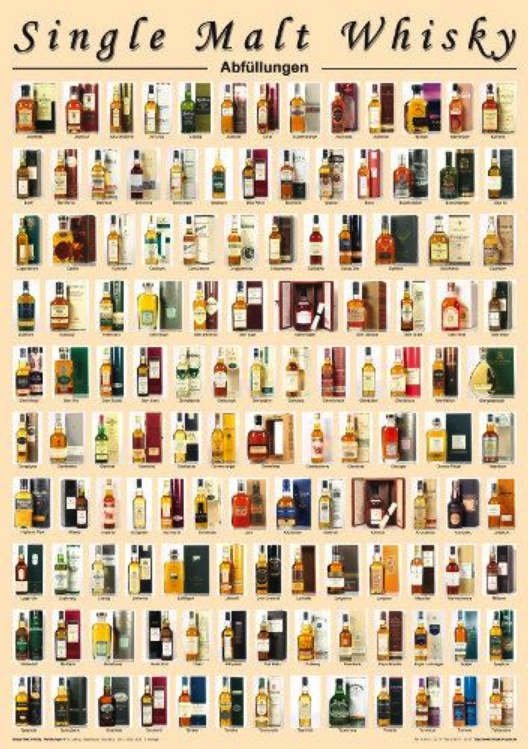
This afternoon attack plan! One of each!
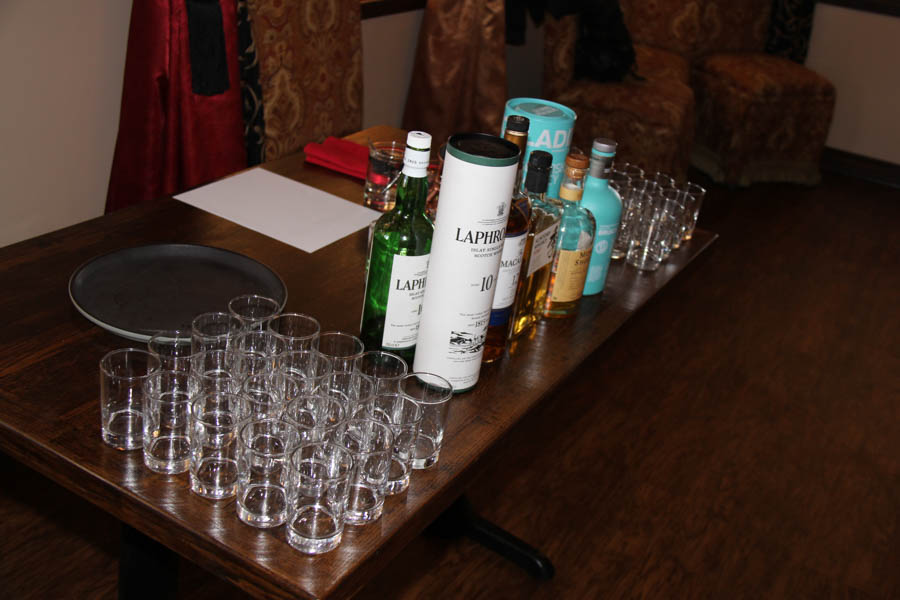 Mark had the setup ready to go!
Mark had the setup ready to go!
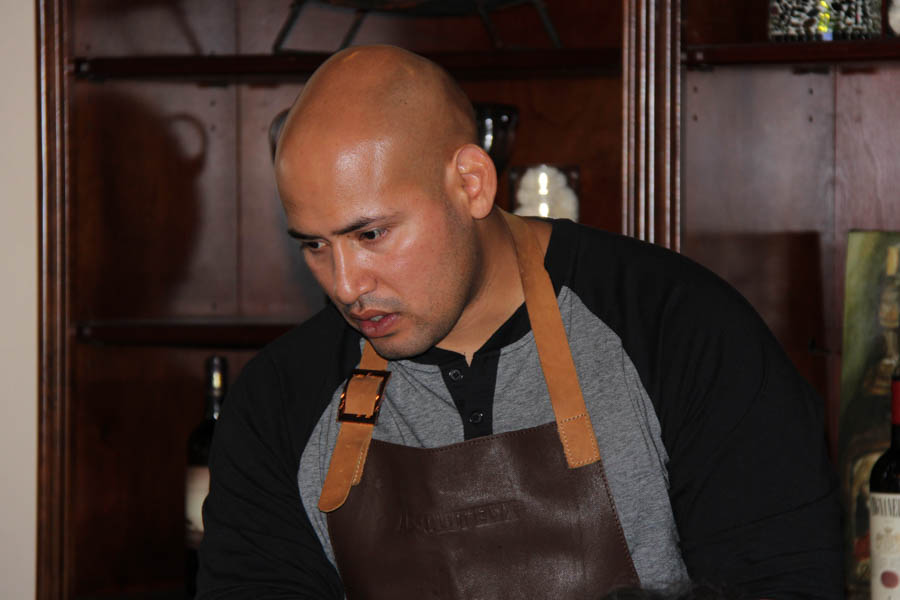
"Mark has that "Serious Look"... He is about to begin!
Did You Know? - Scotch whisky, often simply called Scotch, is malt whisky or grain whisky made in Scotland. Scotch whisky must be made in a manner specified by law.
All Scotch whisky was originally made from malted barley. Commercial distilleries began introducing whisky made from wheat and rye in the late 18th century. Scotch whisky is divided into five distinct categories: single malt Scotch whisky, single grain Scotch whisky, blended malt Scotch whisky (formerly called "vatted malt" or "pure malt"), blended grain Scotch whisky, and blended Scotch whisky.
All Scotch whisky must be aged in oak barrels for at least three years. Any age statement on a bottle of Scotch whisky, expressed in numerical form, must reflect the age of the youngest whisky used to produce that product. A whisky with an age statement is known as guaranteed-age whisky.
The first written mention of Scotch whisky is in the Exchequer Rolls of Scotland, 1495.
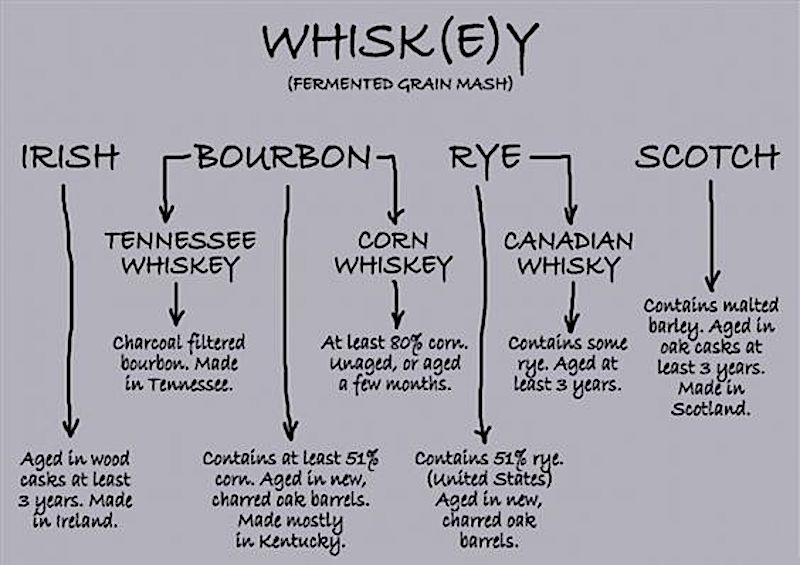
Warning... You will be tested at the end of the day!

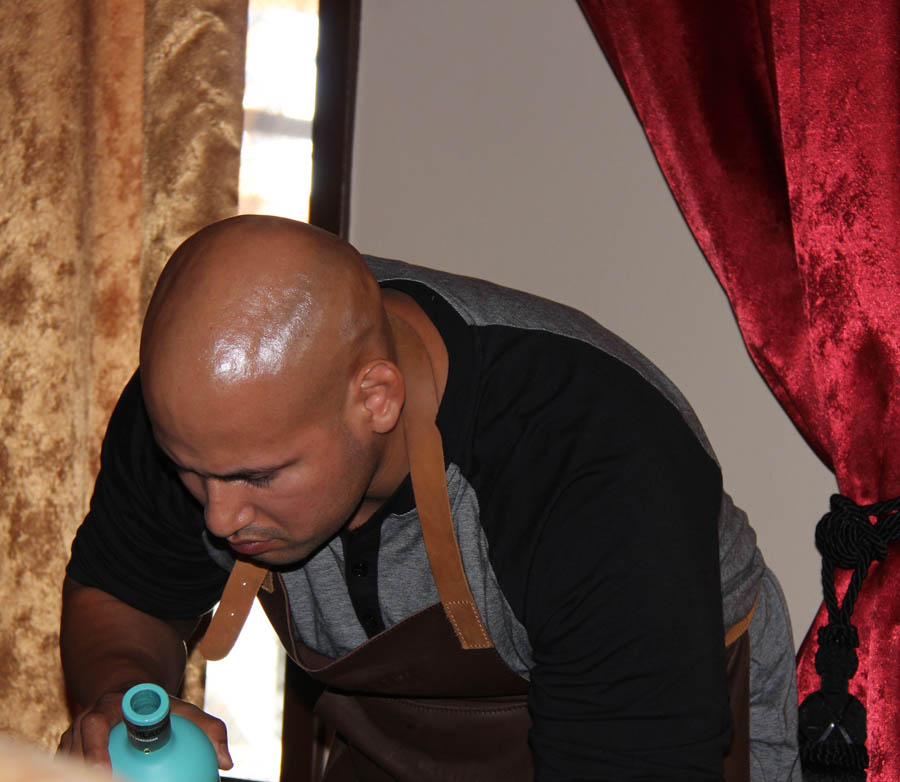
He carefully pours the first scotch into the glasses.... Not spilling a drop!
Did You Know? - Bruichladdich Single Malt Whisky began in 1881 by the Harvey brothers, Bruichladdich distillery sits opposite the western shore of Loch Indaal on Islay, an island off the west coast of Scotland. The distillery produces three distinct single malts: Bruichladdich (unpeated), Port Charlotte (heavily peated) and Octomore (super heavily peated), along with The Botanist gin.

We all watch him carefully pour the liquid into the tasting glasses
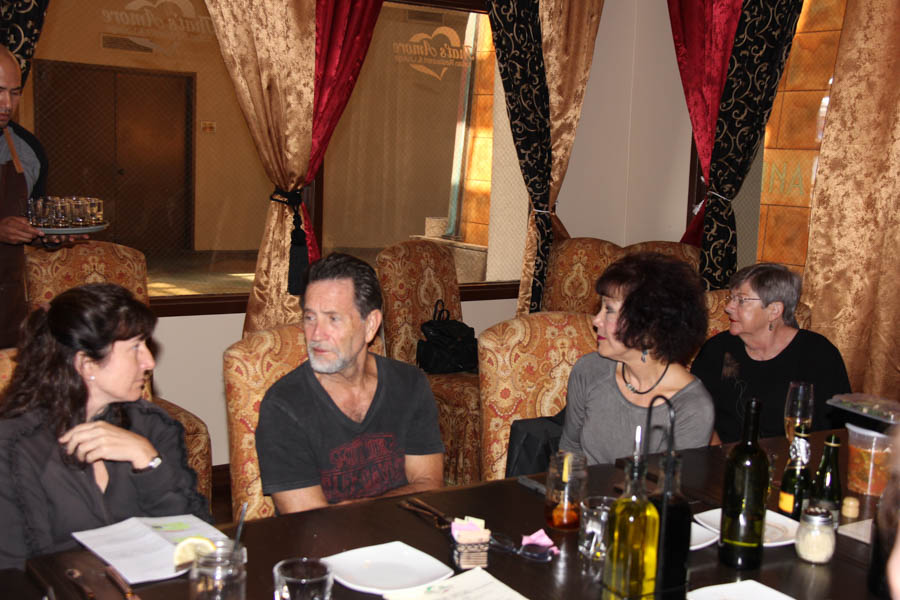
Mark delivers the first round and discusses the specific scotch in detail
Did You Know? - The SWR define "Scotch whisky" as whisky that is:
- Produced at a distillery in Scotland from water and malted barley (to which only whole grains of other cereals may be added) all of which have been:
- Processed at that distillery into a mash
- Converted at that distillery to a fermentable substrate only by endogenous enzyme systems
- Fermented at that distillery only by adding yeast
Distilled at an alcoholic strength by volume of less than 94.8% (190 US proof) - Wholly matured in an excise warehouse in Scotland in oak casks of a capacity not exceeding 700 litres (185 US gal; 154 imp gal) for at least three years
- Retaining the color, aroma, and taste of the raw materials used in, and the method of, its production and maturation
- Containing no added substances, other than water and plain (E150A) caramel coloring
- Comprising a minimum alcoholic strength by volume of 40% (80 US proof)

Way too many rules!
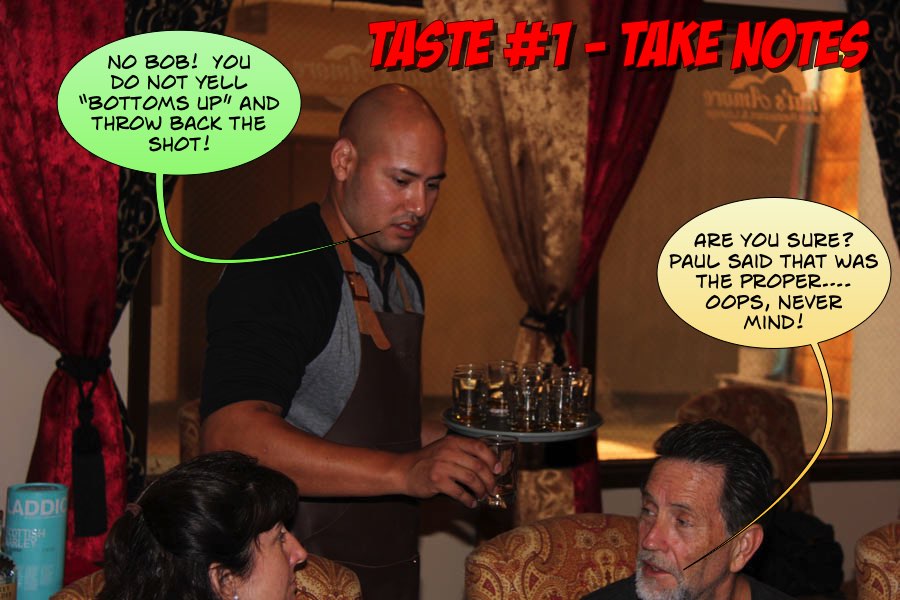
Here it comes!
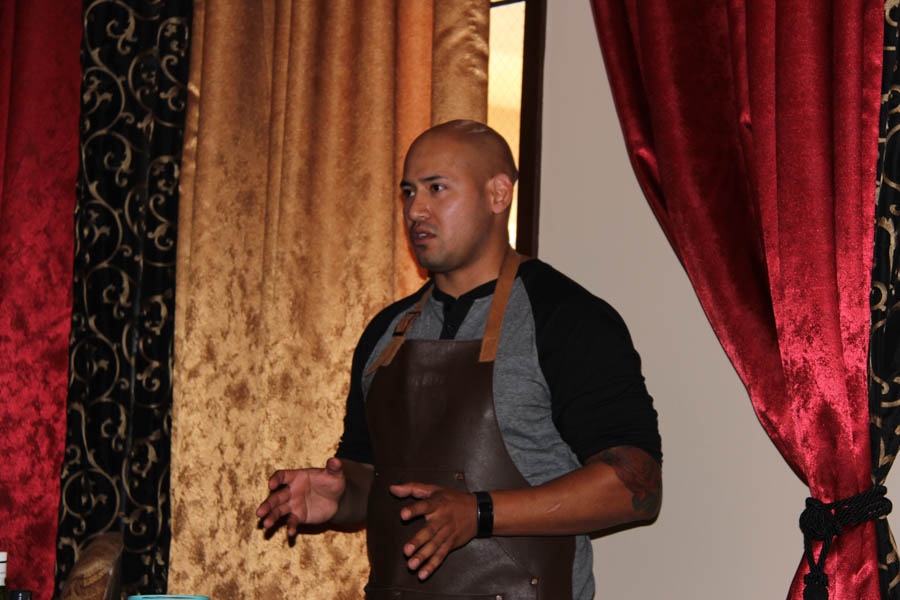
Mark explains a Single Malt Whisky...
Did You Know? - Single malt Scotch is single malt whisky made in Scotland. To be a single malt scotch the whisky must have been distilled at a single distillery using a pot still distillation process and made from a mash of malted grain. In Scotland, the only grain allowed to be used in a single malt whisky is barley. As with any Scotch whisky, a single malt Scotch must be distilled in Scotland and matured in oak casks in Scotland for at least three years, and one day. (Most single malts are matured longer.)
- "Malt" indicates that the whisky is distilled from a "malted" grain. Several types of grains can be malted (for example, barley, rye and wheat are all grains which can be malted); however, in the case of single malt Scotch, barley is always the only grain used.
- "Single" indicates that all the spirits in the bottle come from a single distillery. Bottlings containing malt whisky from multiple distilleries are called "blended malt".
Malt is germinated cereal grains that have been dried in a process known as "malting". The grains are made to germinate by soaking in water, and are then halted from germinating further by drying with hot air. Malting grains develops the enzymes required for modifying the grain's starches into sugars
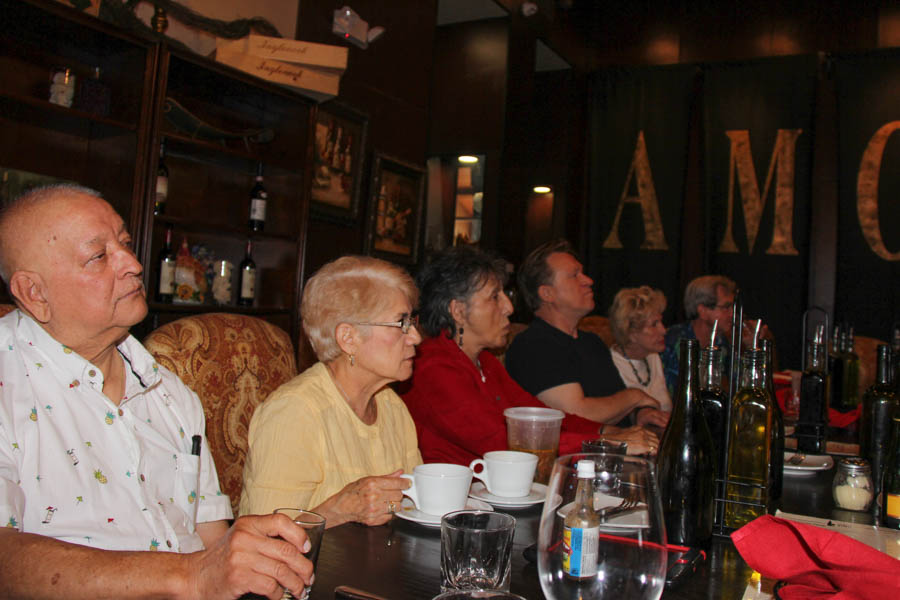
We filled Evelia's coffee cup with scotch!

"This is like going to school"
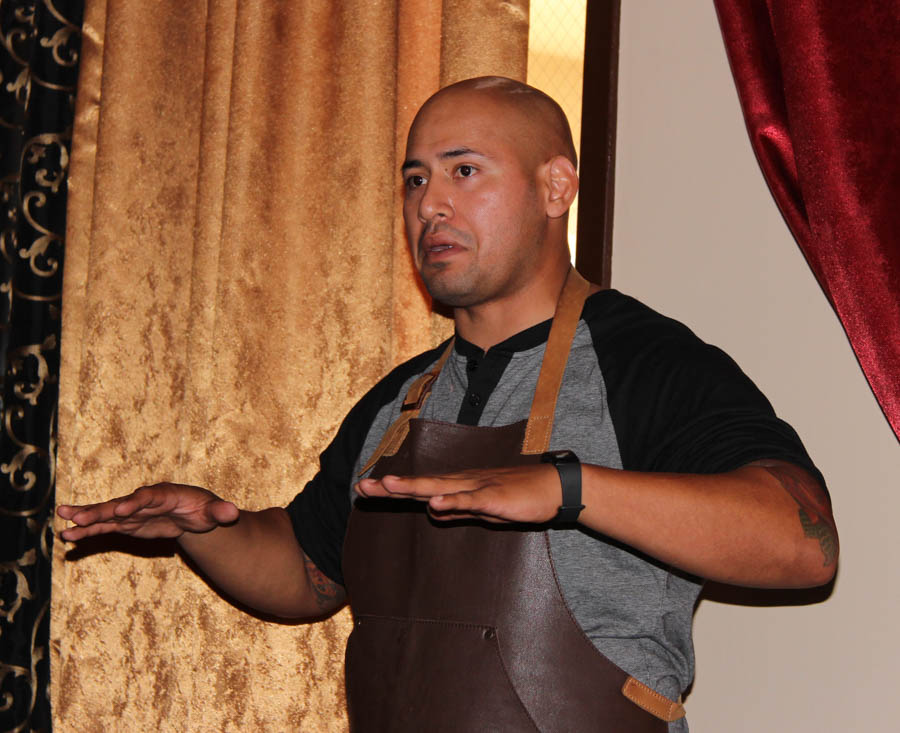
Proper use of hands when explaining scotch is vital!
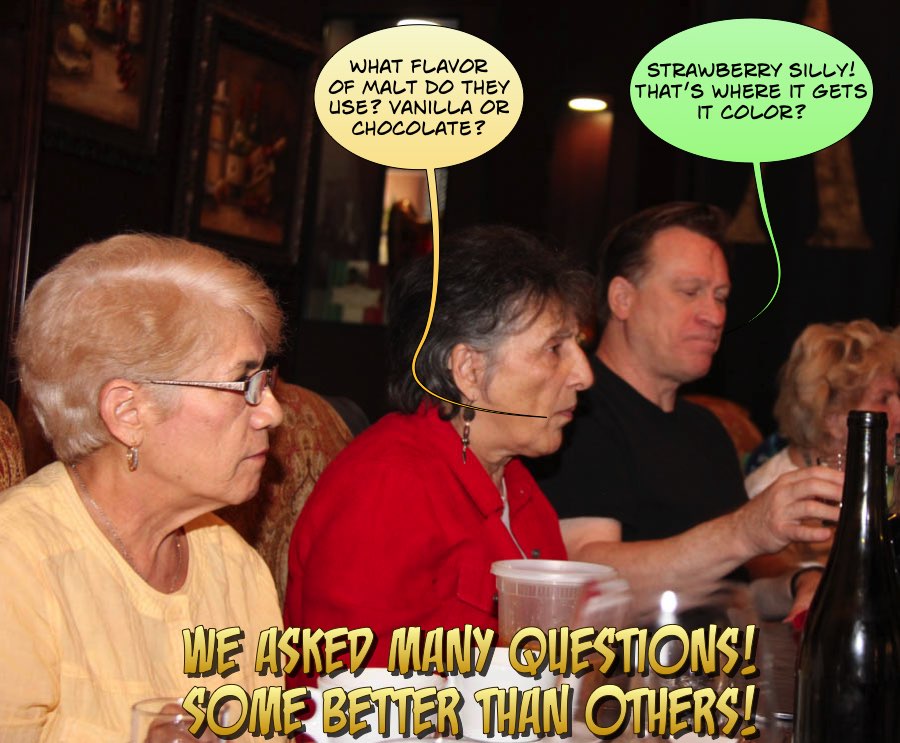
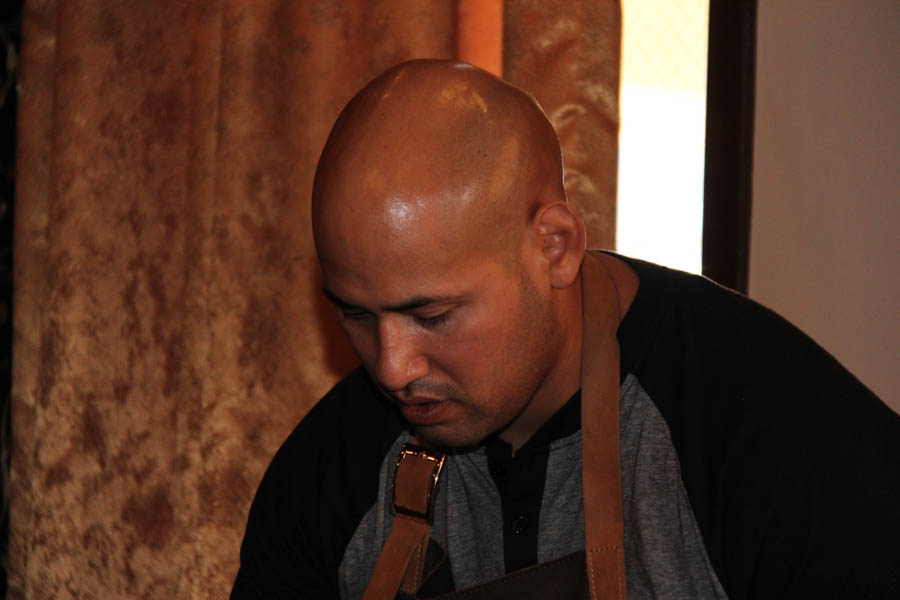
Mark prepares for taste #2
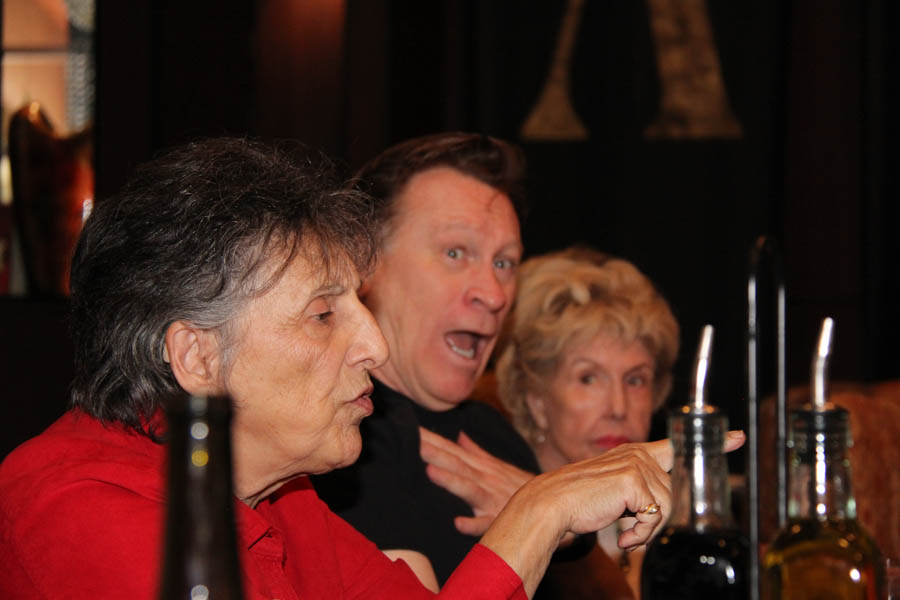
Mike is surprised.... No burn...

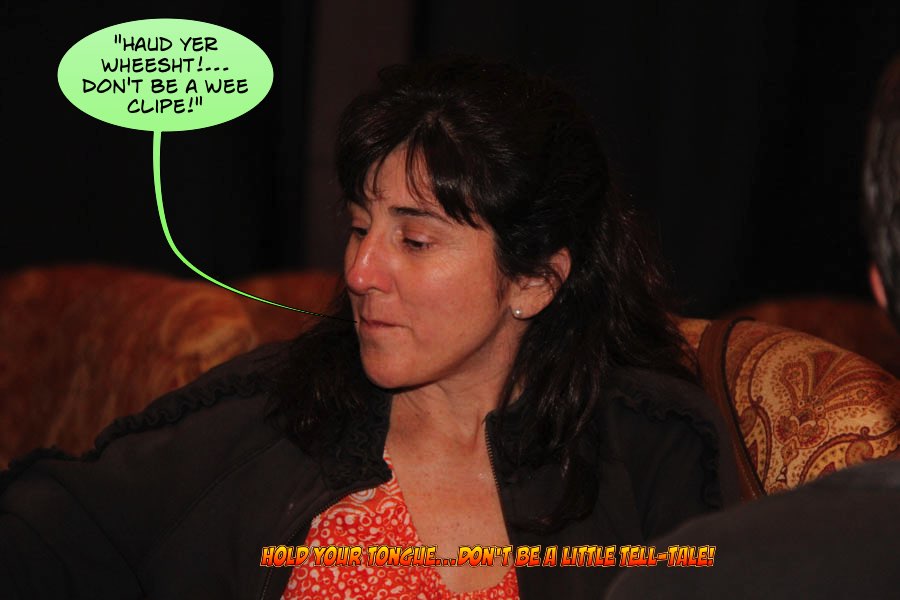
"I am happy I decided to taste instead of study!
But remember, hold your tongue and
do not tell my teacher!
"
